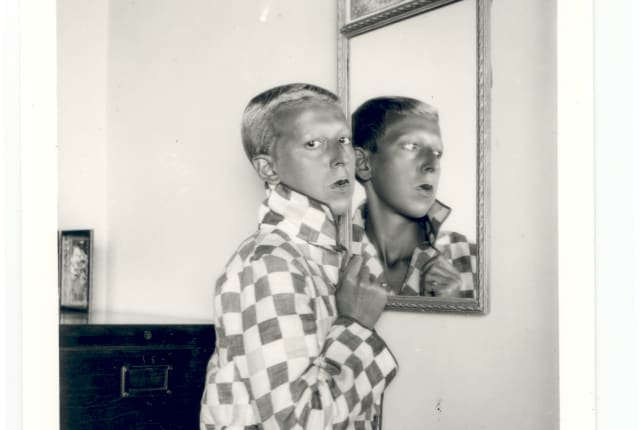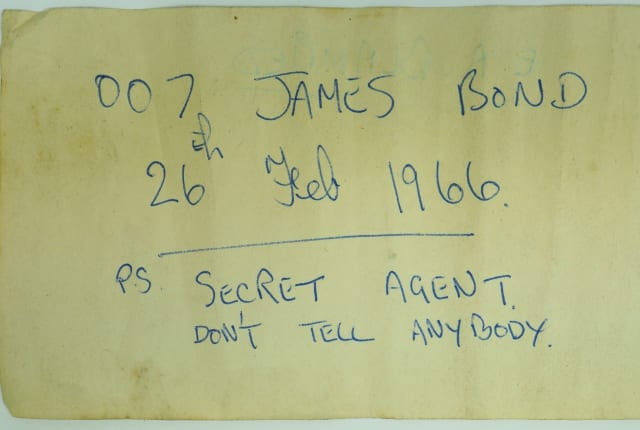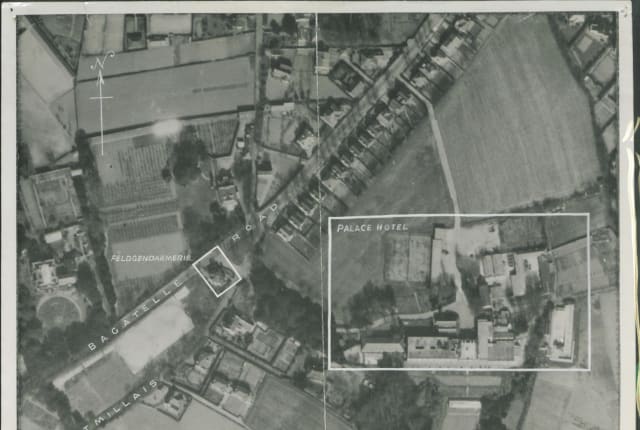
Discover the story behind some of the objects and archives
in our collection
Wartime Christmas Gift
Within the collections, we hold a number of these brass tins, known as the Princess Mary Gift Boxes, which were created in 1914 and intended to be distributed as a Christmas gift to all soldiers on active service during the First World War.
Princess Mary was 17 years old in 1914, the daughter of King George V and Queen Mary. During the first year of the war, it was her express wish that ‘every sailor afloat and every soldier at the front’ should receive a present at Christmas. She originally intended to pay for these gifts out of her private allowance, but in the end, it was decided that a public fund should be setup in her name which would raise funds on her behalf.
In November 1914, an advertisement was placed in the national press inviting monetary contributions to a ‘Sailors & Soldiers Christmas Fund’. Princess Mary took a great interest in the work of the fund and personally assisted with fundraising, issuing a letter to the nation from Buckingham Palace appealing for support.
The response was truly overwhelming and over £150,000 was raised very quickly, with most of this money being sent in small amounts by ordinary people across the country who wished to support the troops.
It was decided that the gift would consist of an embossed brass box, the lid decorated with the names of the Allied countries and featuring a profile of the Princess. The contents of the boxes varied depending on the recipient. The majority of soldiers received in their box a pipe, an ounce of pipe tobacco, a tinder lighter and twenty cigarettes in yellow monogrammed wrappers. An alternative option was made for non-smokers, with the brass box containing a writing case with pencil, paper and envelopes and some acid tablets. Indian troops received spices and sweets in their boxes instead of tobacco, while nurses at the front received a packet of chocolate. All boxes, irrespective of recipient, also contained a portrait photograph of the Princess and a small Christmas card from the Royal Family. Those which were not distributed until after Christmas were sent out with a card wishing the recipient a ‘victorious new year’.
Great efforts were made to distribute the gifts in time for Christmas, which placed huge demands on an already stretched postal service. Supply of the contents and of the materials required to make the boxes also proved difficult to source throughout the war. Orders of the brass strips required for the boxes were placed with the USA, who at the time were not yet involved in the war, however a very large consignment of 45 tons of brass was lost with the sinking of the RMS Lusitania in May 1915 off the coast of Ireland. Although almost 400,000 boxes were successfully delivered by Christmas 1914, many soldiers waited years to receive their gift. In January 1919 it was reported that ‘considerable’ numbers had still not been distributed due to ongoing supply issues.
When the gift fund finally closed in 1920, almost £200,000 had been donated for the provision of the gift boxes and more than 2.6 million had been produced. Many soldiers kept their boxes throughout the war, even after the contents had been used up, as they provided a useful, airtight container for holding their possessions.
This particular box in our collection belonged to Sergeant Francis John Baxter. Born in St Helier in 1888, Francis would have been 26 years old at Christmas 1914. Serving in the 7th Battalion, Royal Irish Rifles, Francis was sadly killed in action at Frezenberg in Belgium in August 1917. His name is memorialised at the nearby Tyne Cot Cemetery.


Jean Le Capelain
Jean Le Capelain was often compared to the artist J M W Turner, and was sometimes referred to as ‘the Jersey Turner’
Find out more
Island at war
The Channel Islands were occupied by Nazi forces during World War II, read one woman's extraordinary story.
Find out more
Claude Cahun and Jersey
Claude Cahun (1894-1954) was an artist, photographer and writer, best known today for surreal self-portrait photographs.
Find out more
Corn riots
Learn about the corn riots of 1769, why they happened and how this public protest inspired change.
Find out more













